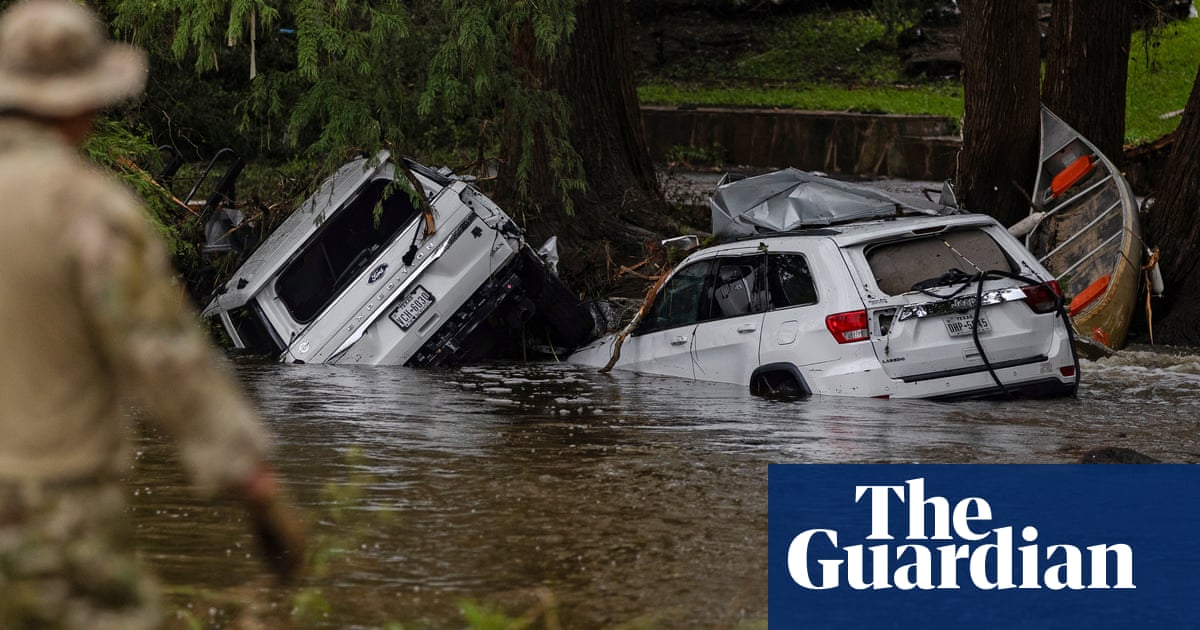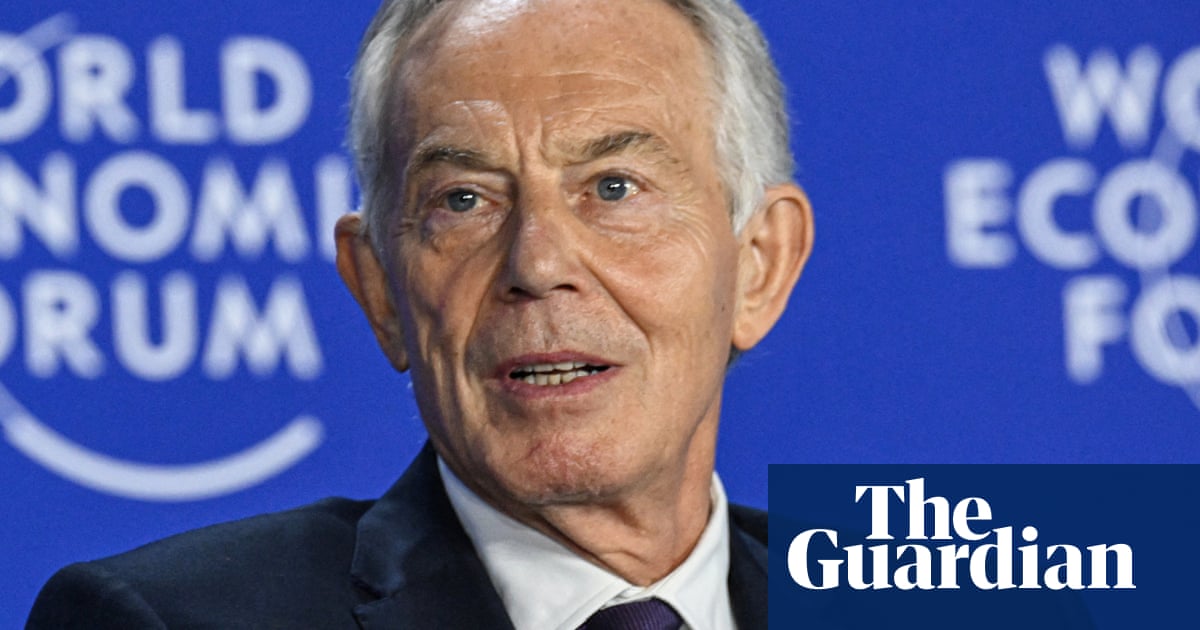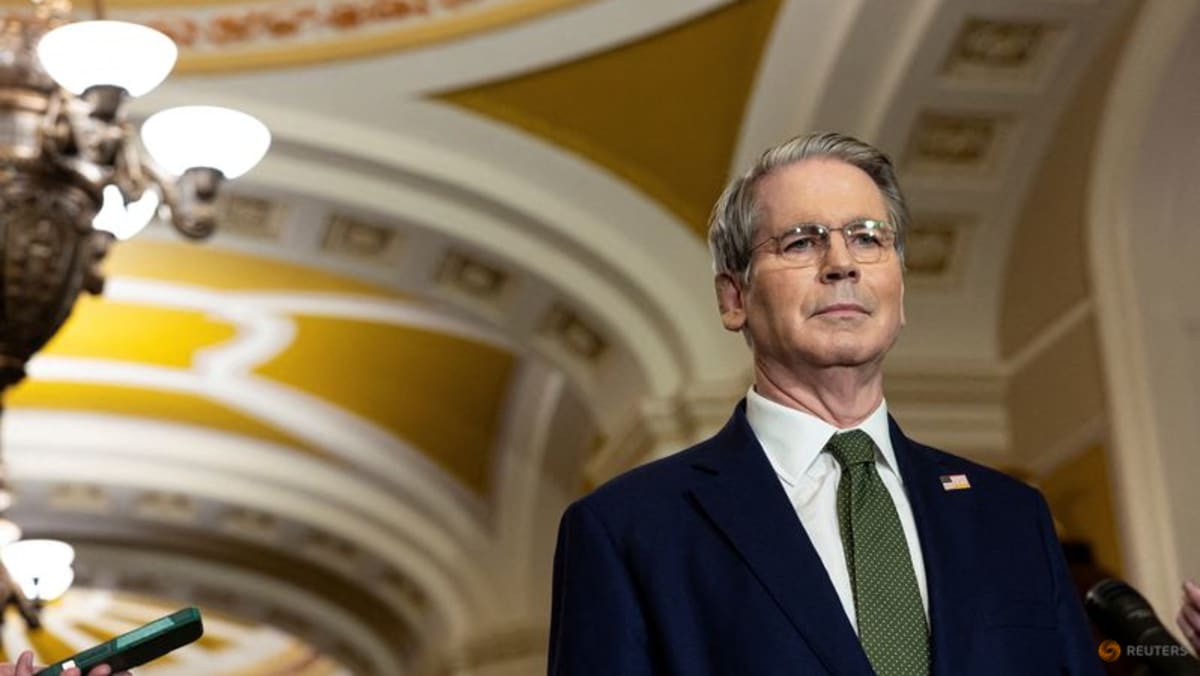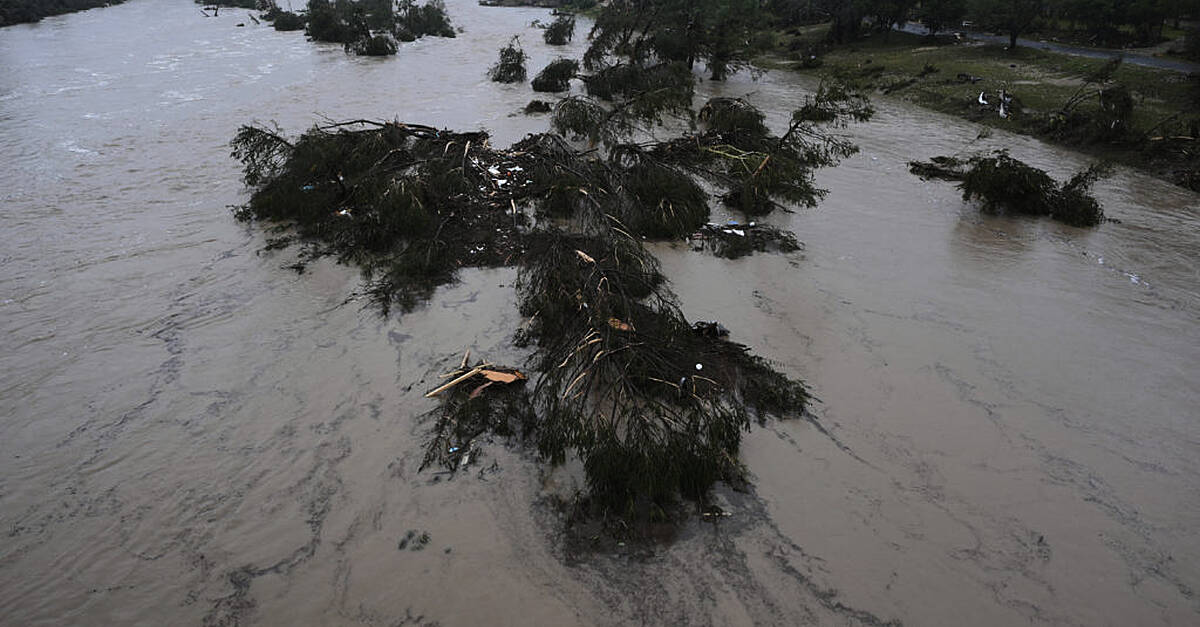Germany Summons Chinese Ambassador Over Targeting Incident Involving German Aircraft
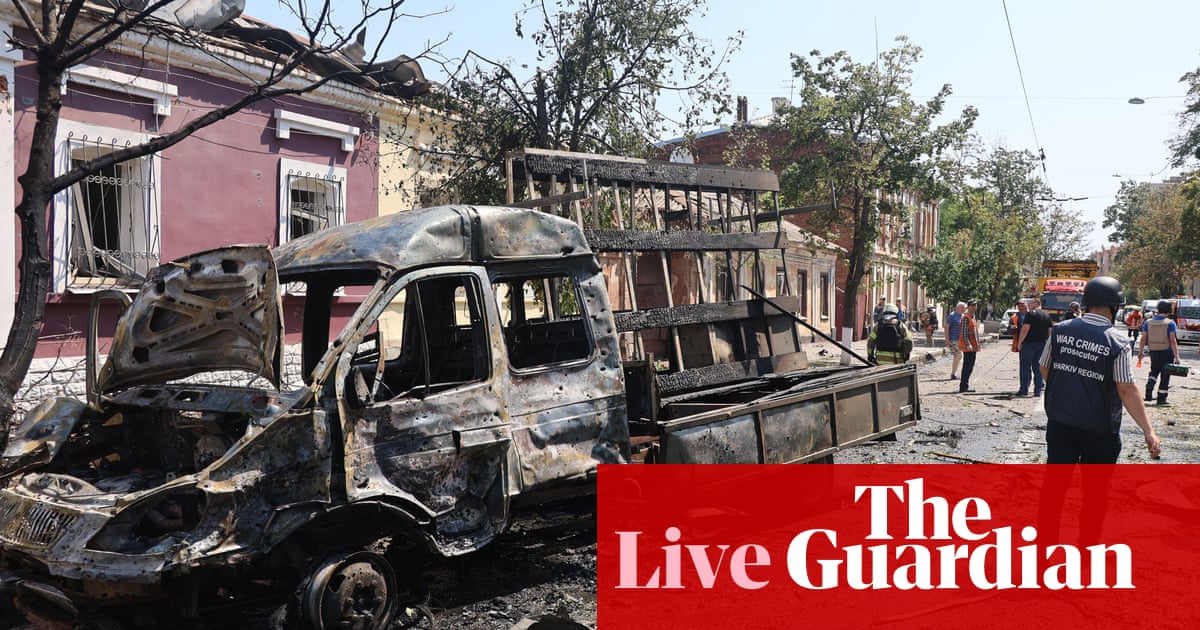
In a diplomatic escalation, the German foreign ministry has summoned the Chinese ambassador to Berlin following a serious incident involving the Chinese military. Reports indicate that the Chinese military aimed a laser at a German aircraft that was participating in the European Union operation known as Aspides, which plays a crucial role in safeguarding maritime navigation in the Red Sea. The incident raises significant safety concerns amidst ongoing tensions in the region.
In an official statement shared on social media platform X, the German foreign ministry declared that the endangered safety of German personnel and the disruption of the Aspides operation are "completely unacceptable." This strong language underscores Germany’s commitment to protecting its military assets and personnel abroad. As of now, neither the Chinese embassy nor representatives from the Aspides mission have responded to requests for comments regarding the incident.
The broader context of this situation is framed by an increasing European unease about China's growing influence over critical infrastructure, particularly in strategic shipping routes. The Aspides mission, named after the Ancient Greek word for “shields,” was established as a proactive maritime security operation aimed at maintaining safe navigation during the heightened crisis in the Red Sea.
The backdrop of this incident includes recent escalations in violence resulting from the ongoing conflict in Gaza, which reignited in October 2023. As a consequence of this conflict, Iranian-backed Houthi militants have reportedly conducted attacks against Israel and maritime vessels in the Red Sea, claiming these actions are acts of solidarity with the Palestinian cause.
Germany has been actively involved in the Aspides operation since February 2024, with a parliamentary mandate allowing the deployment of up to 700 military personnel. This operation is critical not only for maintaining maritime security but also as a demonstration of European unity and commitment to international peacekeeping efforts.
In a separate but related development in the European political landscape, Danish Prime Minister Mette Frederiksen delivered a significant speech in the European Parliament, emphasizing that Europe currently faces the most formidable challenges it has encountered since the 1940s. She addressed urgent issues such as Russia’s aggression towards Ukraine, migration crises, escalating hostilities in the Middle East, trade complications, and the persistent threat of terrorism. Her remarks served as a clarion call for solidarity and collective forward momentum within the EU, underlining the need for a united approach to these pressing challenges.












